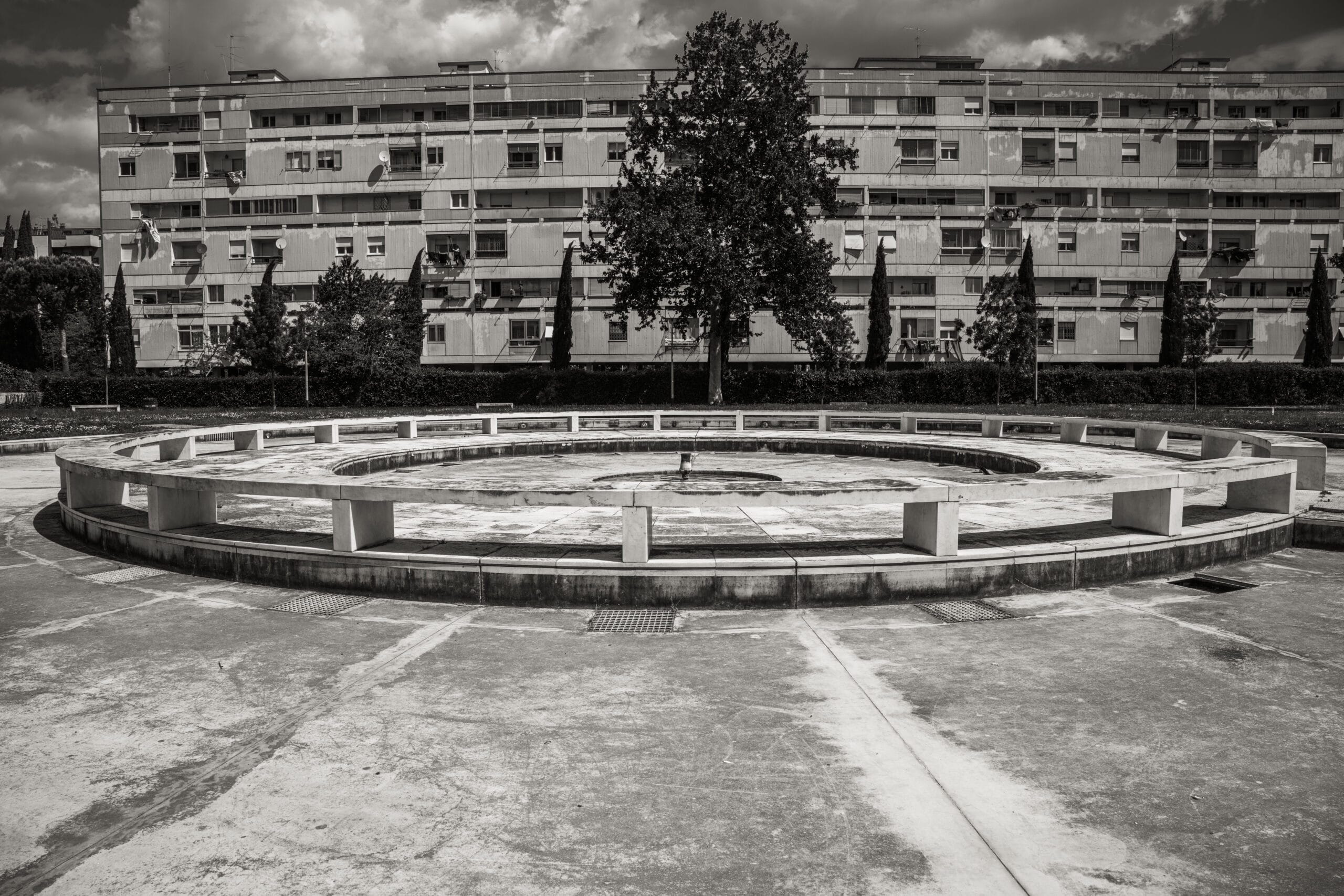Italy is caught in a pincer attack. On the one hand, the green challenge forces a rapid and global energy substitution, while the Italian productive and social structure was based over decades on fossil fuels security. The rising geopolitical crisis, especially in Ukraine, on the other, enhances the prices of energy. The account is salty: over 55 percent for electricity and over 41,8 percent for gas in just one year, pushing up charges to the consumer; an increase in the cost of bills of 500 euros more for families on average estimated Estra, the energy multiutility of central Italy. The first Italian category association, Confindustria, told the effect is “dramatic” for industries. The Copasir (Parliamentary Committee for Security) warned against “Italian vulnerability.” The government tried to limit the losses by allocating about 5 billion, but it seems like a short-lived palliative.
Implementing the regulatory framework of the European Union, Italy has undertaken to reduce emissions globally by 2030. This goal includes interventions of various kinds, such as those for the modernization and efficiency of real estate assets: insulation, improvement of the thermal coat, replacement of old heating systems. These measures have given impetus to the construction sector, which has always been a driving force for the Italian economy. Furthermore, Italy has set the goal of abandoning coal from the energy mix for 2025. At the same time, a substantial acceleration on electric cars, electric mobility, and related structures is understood that the costs are very high and the yield very poor.
The use of renewable energy sources in Italy has increased in recent years, but they cannot replace fossil fuels and are not adopted promptly. There is a severe lack of intermittence; they require long-term investments and rare-earth elements are increasingly expensive and monopolized by China. Although it has been widely used, hydroelectricity is stuck at stake. Political vetoes and two popular referendums (1987 and 2011), which might be seen as a certification of popular sentiment and can invalidate a law but not technology, stopped nuclear power – even if there is a renewed focus. Procuring energy from the sea waves is still in the experimental stage. In sum, fossil continues to exist without having any stable alternatives.
Read full text in Turkish Policy Quarterly: http://turkishpolicy.com/blog/65/energy-crisis-in-italy-the-end-of-a-model





